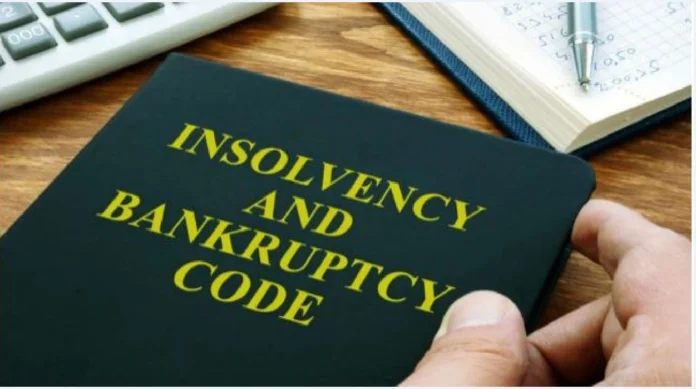By Mukul Kumar Shrawat, Judge (Retd.)
Being a guarantor in India comes with significant responsibilities and potential liabilities. With the evolving legal landscape, understanding the interplay between the Indian Contract Act, 1872, the Companies Act, 2013, and the Insolvency and Bankruptcy Code (IBC), 2016, is crucial for guarantors, particularly company directors. This article explores these laws, key judicial precedents, and their implications for guarantors.
Multiplicity of Proceedings: A Growing Concern
The dual insolvency proceedings under the Code, often targeting both the company and its guarantors, have caused significant complications. For instance, when a company defaults on a loan, banks initiate recovery/insolvency proceedings against both the corporate debtor and personal guarantors—typically directors. This practice, while legally permissible, often imposes an undue burden on guarantors.
Case Studies
1. Tata Capital Financial Services vs Arjun Aggarwal (2024)
The NCLT Kolkata examined Sections 94-100 of the IBC, affirming their constitutional validity and emphasizing the importance of natural justice. It highlighted that insolvency petitions against personal guarantors depend on the ongoing insolvency or liquidation of the corporate debtor.
2. Lalit Kumar Jain vs Union of India (2021)
The Supreme Court upheld the IBC’s provisions, ruling that an approved resolution plan binds guarantors even if their liability varies. This clarified that guarantors remain liable despite the discharge of the corporate debtor under a resolution plan.
Legal Framework For Guarantors
Indian Contract Act, 1872
• A guarantee is a contract where the guarantor promises to discharge the principal debtor’s liability in case of default (Section 126).
• The guarantor’s liability is co-extensive with that of the principal debtor unless otherwise specified (Section 128).
• Any change in contract terms without the guarantor’s consent, discharges his liability (Section 133).
- A guarantor/surety is discharged by any contract between the creditor and the principal debtor by which the principal debtor is released (Sections 134 and 135).
Companies Act, 2013
• Directors are generally not personally liable for company debts unless they provide a personal guarantee.
• Companies can limit member liabilities through memorandum to such amount respectively undertakes to contribute (Section 2[21]).
• Directors acting as agents of the company are only liable when they explicitly guarantee loans.
Insolvency and Bankruptcy Code, 2016
• Section 31 discharges the corporate debtor upon resolution plan approval, but the personal guarantor’s liability persists.
• Section 60(2) mandates simultaneous proceedings against debtor company along with the guarantor.
• Section 60(4) vests the NCLT with Debt Recovery Tribunal powers for individual insolvency, complicating the recovery process.
Challenges and Judicial Perspectives
The concurrent recovery process often undermines the IBC’s core objectives of corporate reorganization and value maximization. Repeated amendments and notifications have shifted the focus towards debt recovery rather than corporate rehabilitation.
• Multiplicity of Proceedings: Simultaneous cases against principal borrowers and guarantors contradict the IBC’s preamble, which aims to protect corporate debtors’ value.
• Personal Guarantor Liability: By providing personal guarantees, directors expose themselves to unlimited liability beyond their corporate roles.
Relevant Precedents
1. Ferguson vs Wilson (1866): Directors act as agents of the company and are not automatically liable for its debts.
2. Indian Overseas Bank vs RM Marketing (2002): Directors are liable only when they provide personal guarantees.
The Path Ahead For Guarantors
The growing complexities in insolvency proceedings require legal experts to develop robust defences to protect personal guarantors from undue liabilities. The key takeaways include:
• Personal guarantees should be approached with caution, as they expose directors to significant risks.
• Courts must balance recovery proceedings with the IBC’s rehabilitation goals.
Conclusion
Understanding the nuances of being a guarantor under Indian law is essential. While judicial rulings like Lalit Kumar Jain have clarified some ambiguities, the scope for evolving legal defenses remains vast. A strategic and informed approach can help guarantors navigate their liabilities effectively.
—The writer is a former judicial member of Income Tax Appellate Tribunal and National Company Law Tribunal


